This book is part of a volume on history of science and philosophy of science. It focuses on philosophy of science, viewing science as an open-ended quest. Philosophy of science, as presented in this book, upholds that scientific results are provisional: there cannot be a claim of absolute certainty. It highlights some broad tendencies in the philosophical perspective of the logic of ideas in science—relating structural inquiries, knowledge claims, semantics and ontology, logic and methodology, and history, society and culture.
The book has insightful and analytical essays that take up the procedures and results of the natural sciences, particularly physics, even as it deals with sociology, history and allied disciplines in order to delve into the legal, moral and aesthetic aspects of science. The essays address the question of the logically structured character of scientific knowledge, its strength and its methodology. They probe into how and why the universe exists as it does and the role of humans in their day-to-day interactions with other elements of the universe. In a simple language but with detailed explanations, the discussions examine ideas and arguments dealing with realism, rationalism, logic, objectivism, subjectivism and aspects like causality and chance, proofs and refutations, and scientific language that are related to science. This analytical survey of the philosophical dimensions of science looks into the views of scientific thinkers from the West and India and undertakes a comparative study of Indian and Western thoughts to analyse issues of determinism, freedom, conflict and harmony, and history. Scholars explore a number of specific topics like the Upanishadic roots of Indian philosophy of social science, the Newtonian cosmology and the ideas of Kant.
The volume will prove useful to scholars and students of science as well as philosophy as it examines the philosophical approach to science, emphasising on the logic of ideas and methodology.

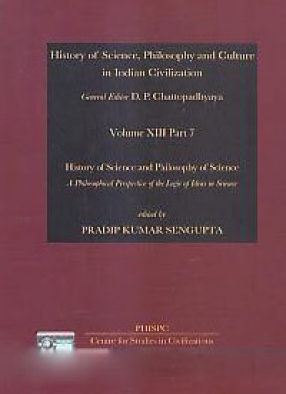
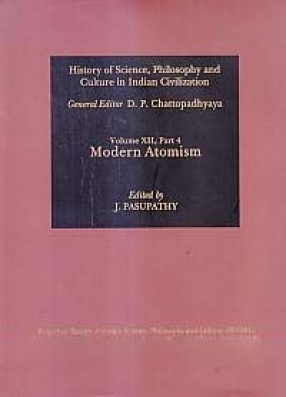
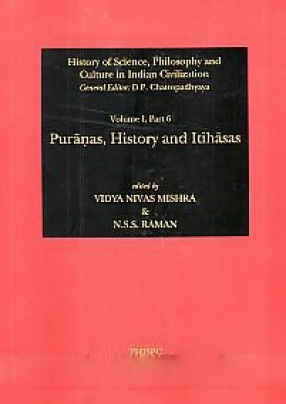
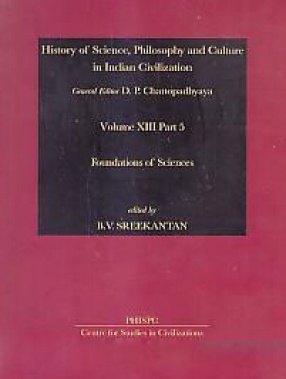
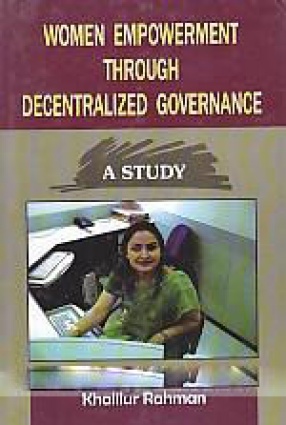
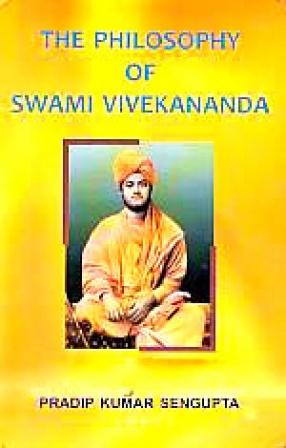
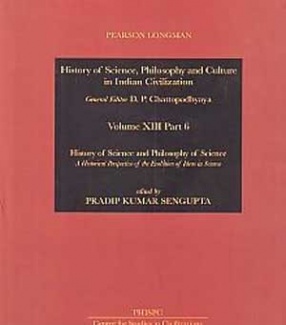


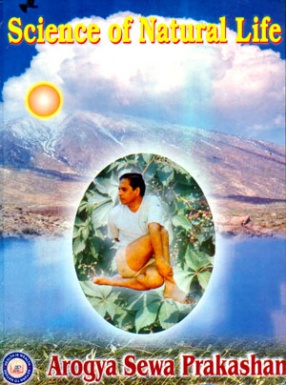
There are no reviews yet.